
"So far, we are not satisfied with the result. But it's already a hard-earned one after China tried its best," said Shen, referring to the fact that the tariff rate was divided into two stages and China is given two months to further negotiate with the EU.
The 11.8-percent interim tariff lasting from June 6 to August 6 is much less than previous expectations, which is largely attributed to the Chinese Government's active negotiation with the EU, especially by Chinese Premier Li Keqiang, say analysts.
During his official visit to Switzerland in May, Li expressed China's stance on solving trade frictions through dialogue and negotiation. Later that month, Li went to Germany and won over German Chancellor Angela Merkel's support on the matter. On May 27, Merkel called for an end to the trade row between Europe and China over solar panels and wireless equipment, citing the need for more trade between the two sides.
On June 3, Li called Jose Manuel Barroso, President of the European Commission, expressing his concerns over the dispute, adding that if the EU insisted on punitive measures, China is bound to counterattack.
"If this case is not properly handled, it will not only harm the interests of Chinese and European companies, but also bring about a possible trade war. There is no winner in a trade war. I hope that both sides can see the bigger picture and try to solve the trade dispute through dialogue and negotiation," Li told Barroso.
On June 7, Premier Li visited some Chinese PV makers in north China's Hebei Province, where he encouraged them to remain hopeful.
"We hope the EU can show more sincerity and flexibility," said MOFCOM spokesman Shen. "In the next two months, the EU should sit down with Chinese solar makers and find an acceptable, reasonable and win-win solution that both sides can accept."
The EU is China's largest trade partner. In 2012, bilateral trade totaled $546 billion, accounting for 14.1 percent of China's total foreign trade. China's exports to the EU amounted to $334 billion, while its imports totaled $212 billion. In the first five months of 2013, bilateral trade totaled $214 billion, down 2.8 percent, according to the General Administration of Customs.
China has a number of countermeasures in store that can be used as leverage for future negotiations. Hours after the EU's tariffs announcement, China announced that it would launch an anti-dumping and anti-subsidy investigation into wine imported from the EU, a move believed to be retaliatory in nature.
Chinese imports of European wine rose 60 percent on average a year by volume from 2009 to 2012. Last year, China imported 25.7 million liters worth $1 billion from the EU, mostly from France, Spain, Italy and Germany. It accounted for 67.6 percent of China's total wine imports, according to the MOFCOM.
"Although the trade volume of wine is far less than the over $20 billion trade volume of solar panels, it has far-reaching significance to some European countries, such as France and Italy, who supported the anti-dumping tariffs on Chinese solar panels. Besides, the wine industry has a long industrial chain and yields a much higher profit margin than the PV sector," said Bai Ming, a researcher with the Chinese Academy of International Trade and Economic Cooperation.
Qian Jing, Director of Global Branding at Jinko Energy, a Chinese PV maker, said that this trade dispute has gone beyond the control of Chinese PV makers.
"The Chinese Government should step up and do something. Otherwise, it will be the start of a nightmare. If the EU gets whatever it wants by alleged anti-dumping, any country can learn from the EU to harm Chinese companies with tariffs. We don't want retaliation or a trade war. We only hope the Chinese Government can actively seek constructive dialogue and consultation with the EU," Qian told Securities Daily.



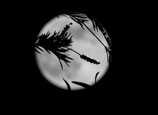


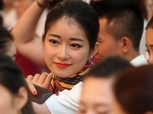
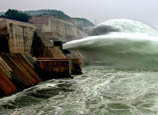


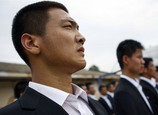
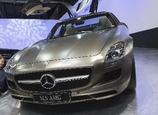
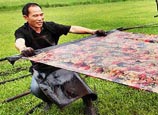






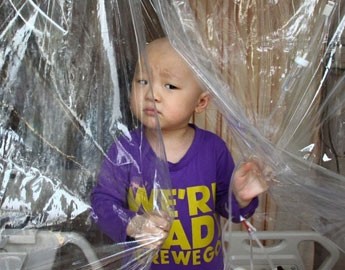 Childhood in an isolated sterile room
Childhood in an isolated sterile room


![]()
